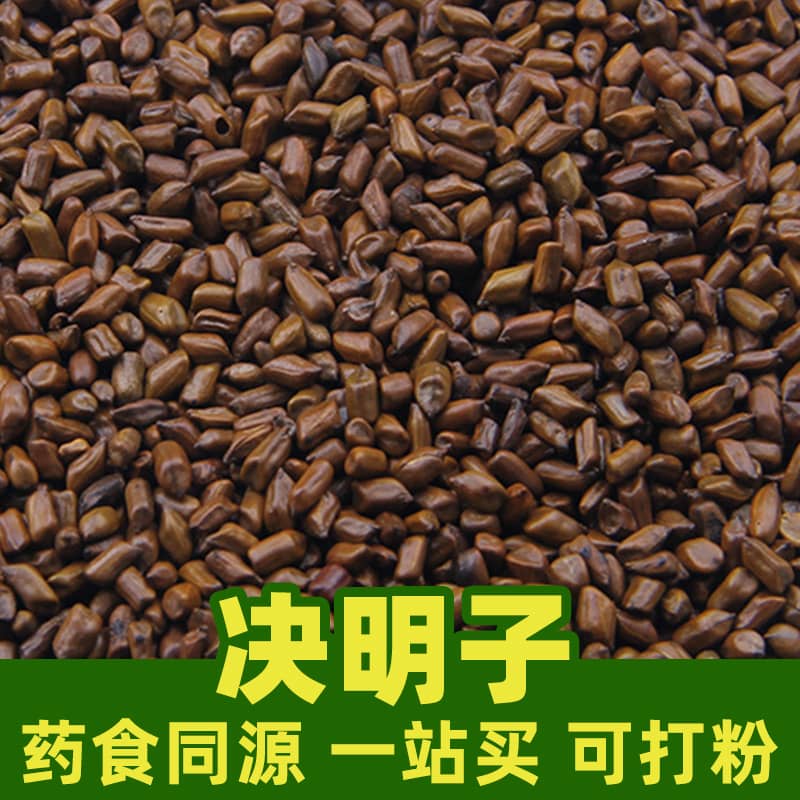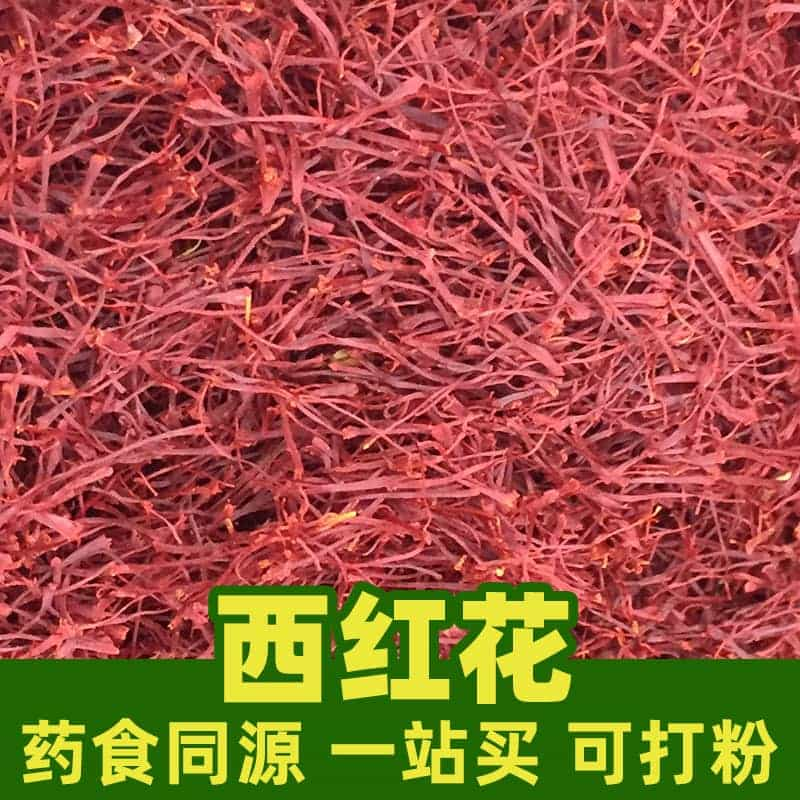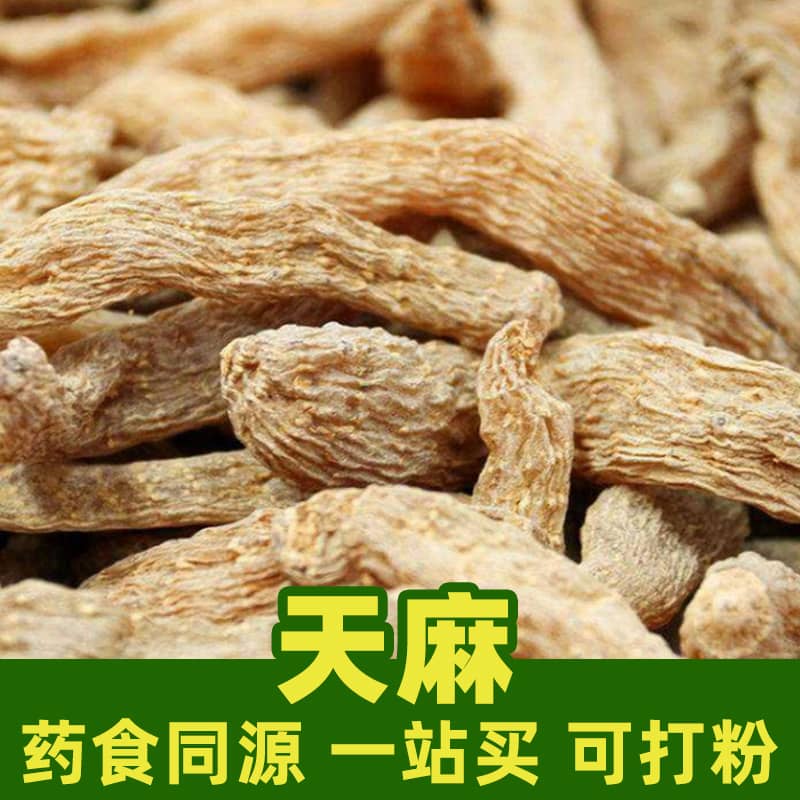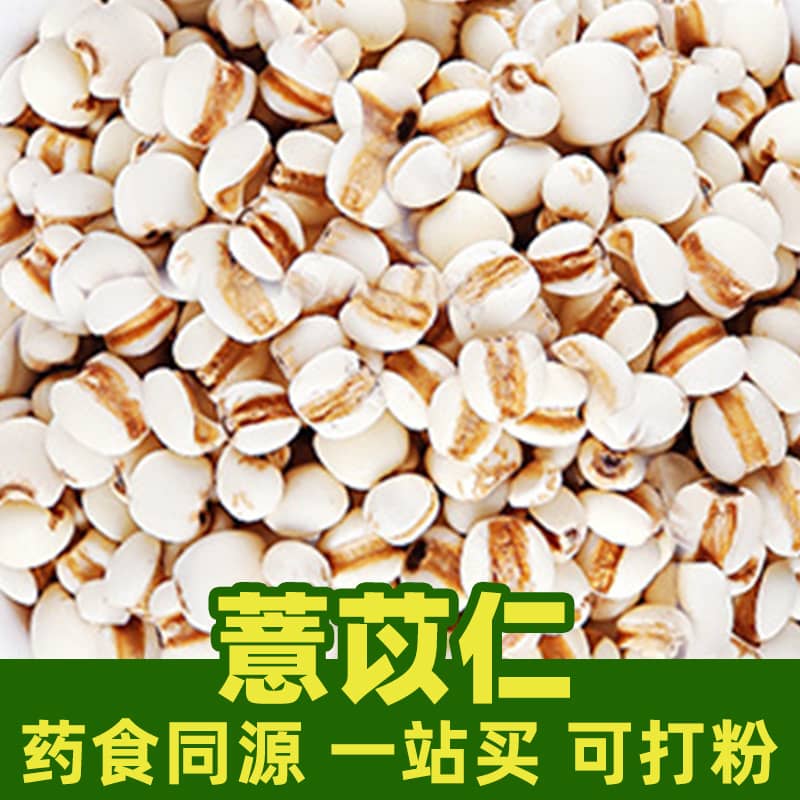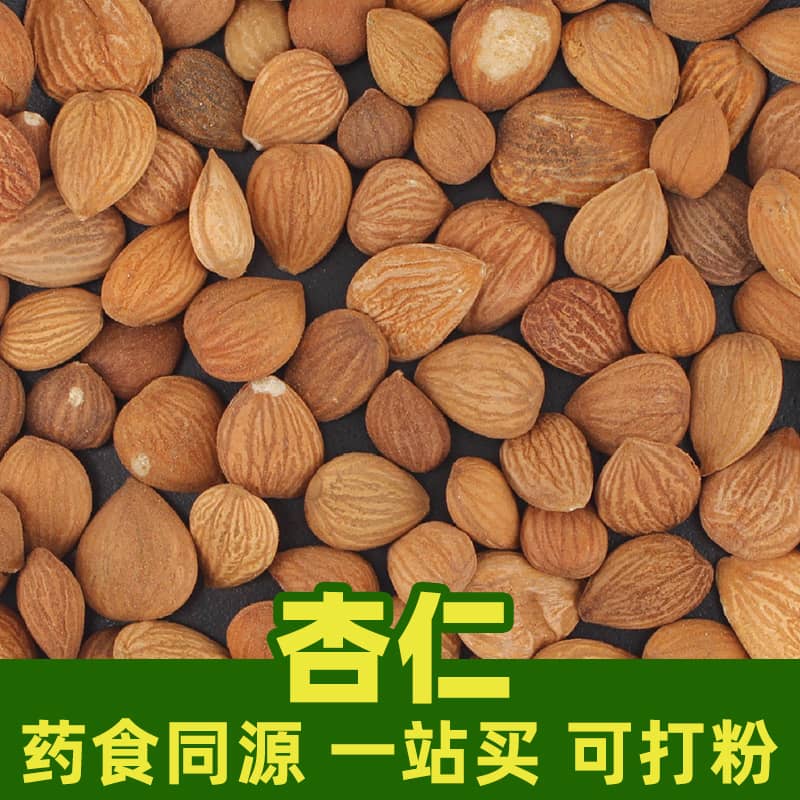Product Introduction
Prunus mume is a type of nutty seed, oval or egg-shaped. The outer skin is red or brown and hard in texture. The seed inside is the endosperm, which is light yellow.
Prunus mume comes from the Cornus officinalis plant, a deciduous shrub or small tree widely distributed across Asia, including China, Japan, and Korea.
Prunus mume is rich in fatty oils, amino acids, polysaccharides, vitamins, and minerals. Fatty oils are one of the main components, providing skin moisturizing and cardiovascular protection.
Prunus mume is used in traditional Chinese medicine and food to nourish the liver and kidneys and promote bowel movements.
Main Active Ingredients
Prunus mume contains various nutrients, including fatty oils, amino acids, polysaccharides, vitamins, and minerals. Fatty oils are one of the main components, providing skin moisturizing and cardiovascular protection. Amino acids, polysaccharides, vitamins, and minerals provide essential nutrients and support for the body.
Application Scenarios and Usage
Prunus mume is commonly used in traditional Chinese medicine and food. In traditional Chinese medicine, it is used to nourish the liver and kidneys and promote bowel movements, often to treat liver and kidney deficiencies and constipation. In food, Prunus mume can be used to make teas, pastries, and desserts, enhancing their nutritional value and flavor.
Prunus mume can be cooked, ground into powder, or eaten directly. Typically, the recommended dosage is 10-20 grams per use, with adjustments based on individual needs and body conditions.
Plant Source, Distribution, and Growth Environment
Prunus mume comes from the Cornus officinalis plant, a deciduous shrub or small tree widely distributed across Asia, including China, Japan, and Korea. Cornus officinalis prefers warm, humid climates and is highly adaptable.
Harvesting, Processing, and Storage
Harvesting and Processing
Prunus mumes are typically harvested when the fruit is mature. After harvesting, they need to be cleaned and dried. Dried Prunus mumes should be stored in a ventilated, dry place, avoiding direct sunlight. They can also be placed in sealed containers to extend their shelf life.
Proper selection and storage of Prunus mumes can ensure their quality and efficacy.
Monica Sun is a seasoned expert in the natural raw materials industry, with over a decade of experience specializing in traditional Chinese medicinal herbs, spices, and fungi. She is skilled in the sourcing, processing, and application of these materials, emphasizing sustainability and innovation. Monica Sun has contributed to the development of high-quality natural raw materials that serve as essential components in functional foods, pharmaceuticals, and cosmetics, delivering tailored solutions to meet diverse market needs.









